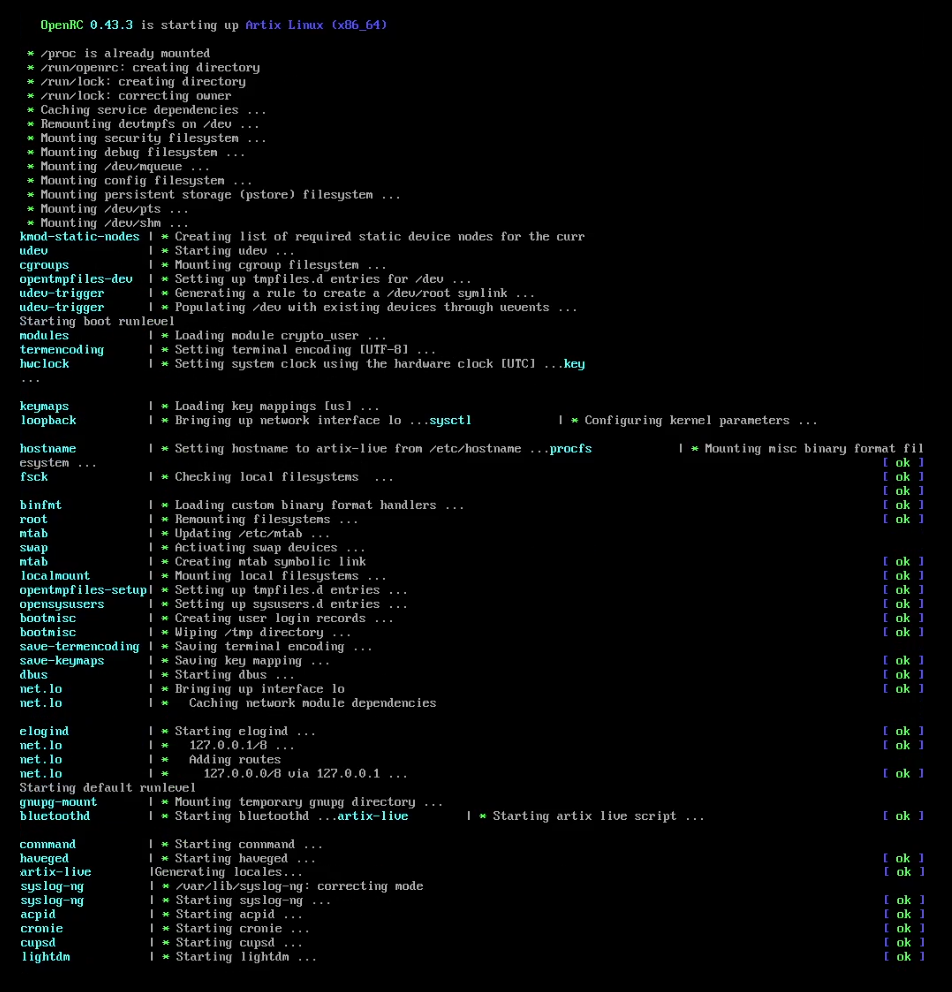I would like to know why being systemd free is preferred by the distribution developers of lightweight OSes.
While i do understand that init and systemd are both service intiators and in most of the article and research that i have read systemd is deemed as the better alternative and is being adopted by mainstream Distributions but all distros that target performance and are trying to be lightweight are seen using init over systemd.
if someone could technically differentiate between these two as i am currently also creating a distribution too so i wish to know which would be better.
While i do understand that init and systemd are both service intiators and in most of the article and research that i have read systemd is deemed as the better alternative and is being adopted by mainstream Distributions but all distros that target performance and are trying to be lightweight are seen using init over systemd.
if someone could technically differentiate between these two as i am currently also creating a distribution too so i wish to know which would be better.





